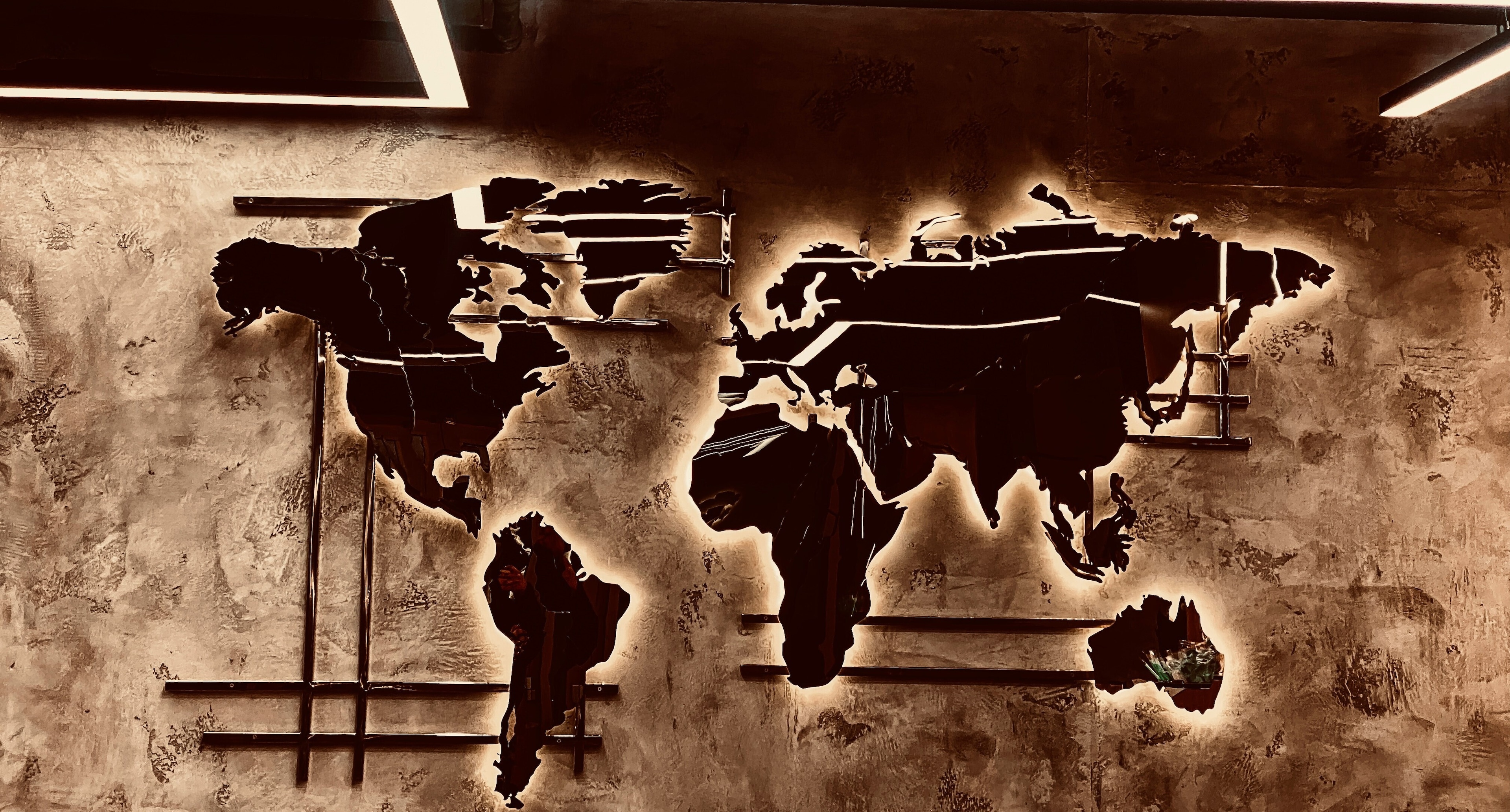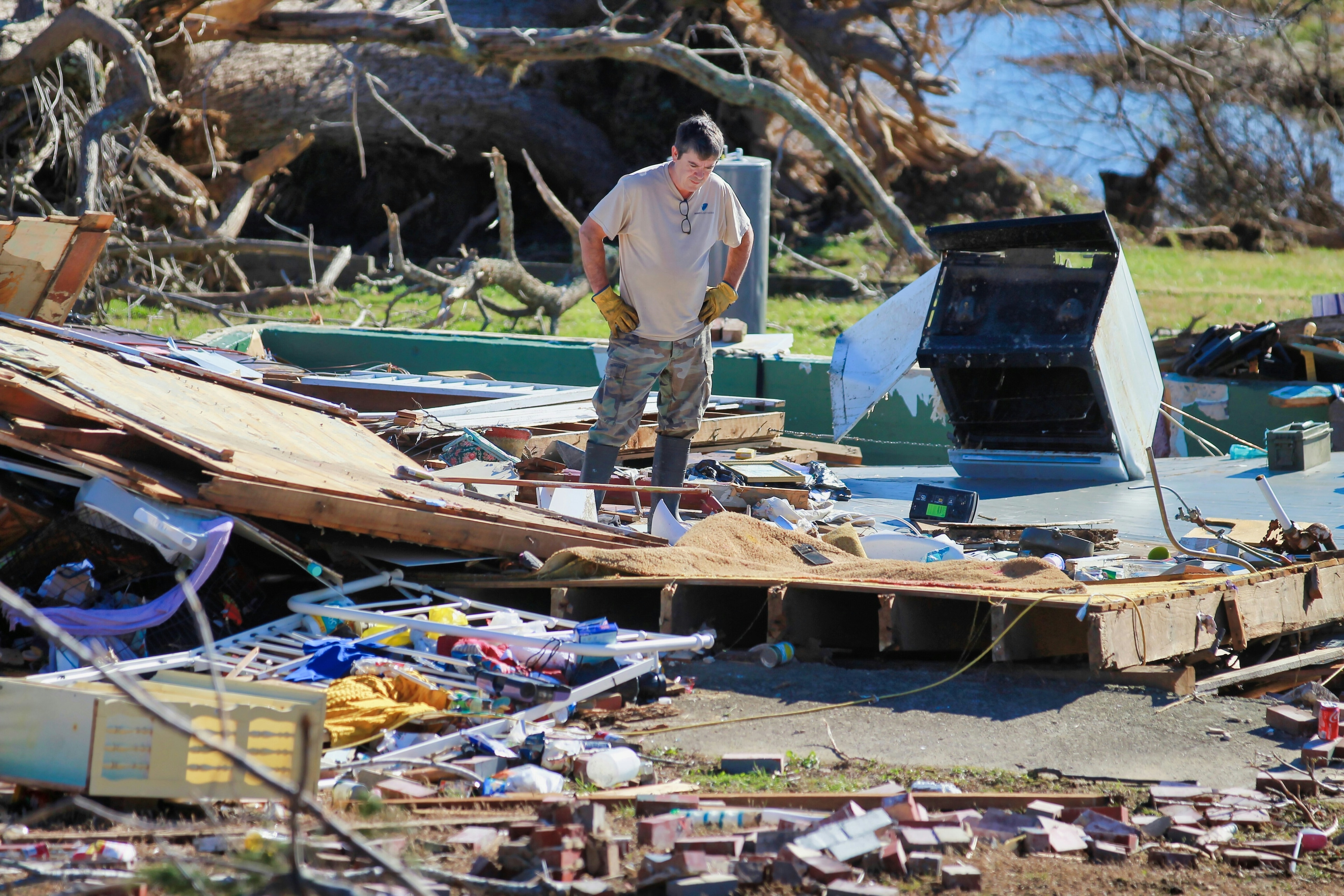Will a lack of leadership put the world at risk?

Stay up to date:
leadership
“The US-led geopolitical order is gone and is not being replaced,” warns Ian Bremmer, president of the Eurasia Group, in the latest of the World Economic Forum’s presidential briefings for the Annual Meeting 2013 in Davos-Klosters.
In a stark survey of the current geopolitical landscape, Bremmer points to the growth and cultural divergence of emerging economies, the distraction of the US’s traditional allies and its new unwillingness to fulfil its traditional “world leader” role, as the main reasons why a potentially dangerous global leadership vacuum is emerging.
He believes this vacuum “leaves us with a considerable amount of unresolvable conflict”, particularly in the Middle East and Asia, that could result in growing sectarianism and instability.
In Asia, the economic dominance of China is already perceived as a threat by many smaller countries in the region. He argues that without the counterbalancing military influence of the US, this dominance is likely to increase, with significant political and strategic implications, particularly for Japan.
Sino/Japanese relations, for example, have already reached a new low over the disputed Diaoyu/Senkaku Islands. Bremmer says this deterioration is exacerbated by the fact that China no longer needs Japan the way it used to.
He says: “This shift in relative power between countries that do not see the region or the world the same way, is deeply problematic for the relationship between China and Japan and, as a consequence, the relationship between China and the United States.”
A fundamental misalignment of interests could bring the US and China into conflict, he warns, as economic power continues to shift eastwards. But simply pretending these tensions do not exist, or that they are temporary and easily surmountable, is not the answer. “The old world order is gone; willing it back will not make it so,” he says.
Bremmer argues for the creation of smaller, more manageable geopolitical alliances – “economic coalitions of the willing” – that could eventually become more widely inclusive if successful. While the Middle East is certainly troubled, “Asia is where we should be paying most of our attention,” he says.
“It’s where the world’s fortunes will be won and lost.”
Author: Ian Bremmer is President of Eurasia Group, New York, USA
Image: A man is standing on an escalator at the financial district in Shanghai REUTERS/Carlos Barria
Don't miss any update on this topic
Create a free account and access your personalized content collection with our latest publications and analyses.
License and Republishing
World Economic Forum articles may be republished in accordance with the Creative Commons Attribution-NonCommercial-NoDerivatives 4.0 International Public License, and in accordance with our Terms of Use.
The views expressed in this article are those of the author alone and not the World Economic Forum.
Related topics:
Forum Stories newsletter
Bringing you weekly curated insights and analysis on the global issues that matter.
More on Geo-Economics and PoliticsSee all
Cathy Li and Andrew Caruana Galizia
September 23, 2025
Sofiane Khatib and Caroline Berson
September 19, 2025
Emily Bayley
August 28, 2025
Spencer Feingold
August 18, 2025


